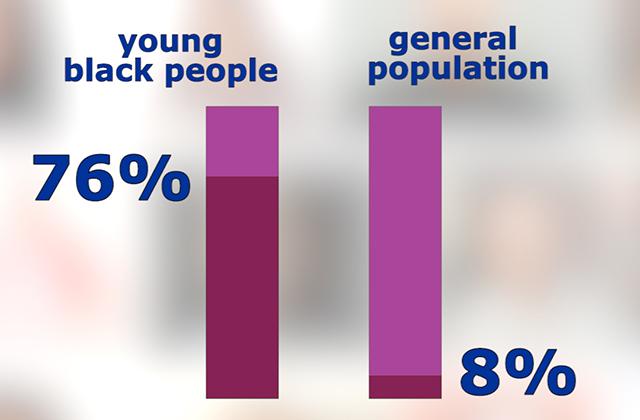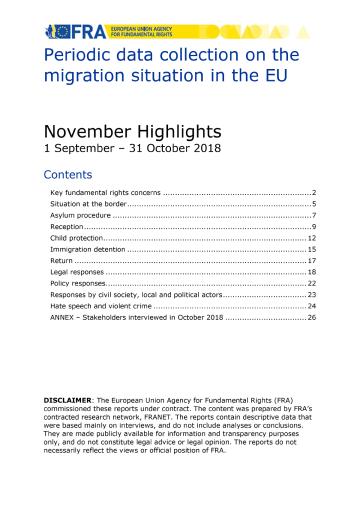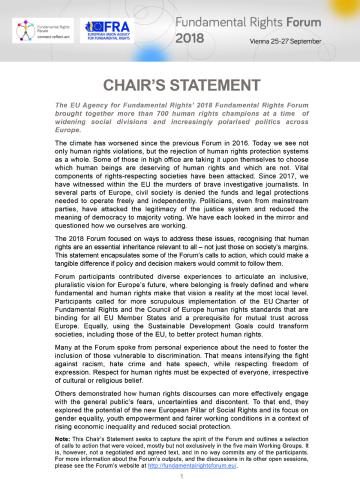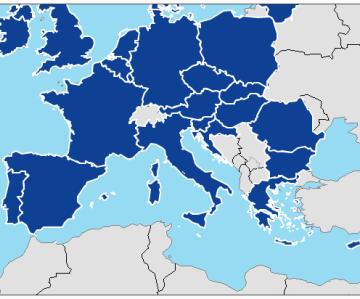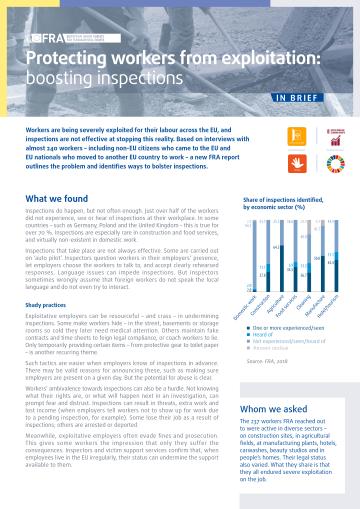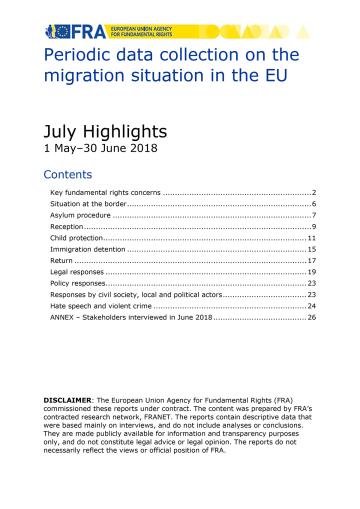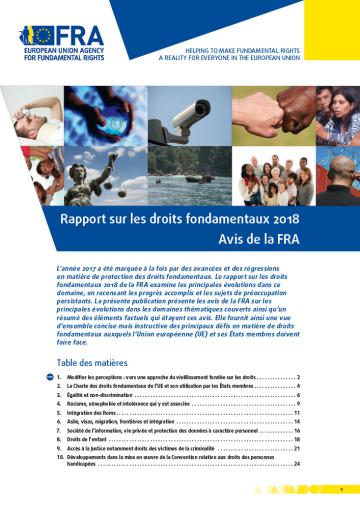Asile, migration et frontières
Highlights
- Handbook / Guide / Manual1août2024Migrant workers are particularly at risk of labour exploitation. Workplace inspectors play a role in protecting non-EU workers' rights. This report guides inspectors to identify abuse and protect migrant workers. In autumn 2024, FRA will publish a manual with extensive resources to support workplace inspectors.
- Report / Paper / Summary30juillet2024Fundamental rights violations on the EU’s land and sea borders often go unreported. Investigations into these violations need to be more effective. This report gathers examples of alleged rights violations of migrants and refugees between 2020 and 2023. It sets out 10 steps to promote prompt and effective national investigations into incidents of ill-treatment at borders.
- Periodic updates / Series1juillet2024The EU Agency for Fundamental Rights regularly collects data on the operations of NGO vessels involved in search and rescue in the Mediterranean. This includes any legal proceedings against them, as well as any difficulties in disembarking migrants in safe ports. This paper provides an overview of criminal investigations and other legal proceedings initiated by European Union (EU) Member States against civil society organisations deploying search and rescue vessels and aircraft in the Mediterranean and/or against individual crew members. The latest update covers the period from 2018 up until the end of May 2024.
- Handbook / Guide / Manual17décembre2020La convention européenne des droits de l’homme (CEDH) et la législation de l’Union européenne
(UE) fournissent un cadre de plus en plus important pour la protection des droits
des ressortissants étrangers. La législation de l’UE relative à l’asile, aux frontières et à l’immigration
se développe rapidement. Il existe un impressionnant corpus de jurisprudence de
la Cour européenne des droits de l’homme qui porte, en particulier, sur les articles 3, 5, 8 et
13 de la CEDH. La Cour de justice de l’Union européenne (CJUE) est également de plus en
plus souvent appelée à se prononcer sur l’interprétation des dispositions de la législation de
l’UE en la matière. La troisième édition du présent manuel, mise à jour jusqu’en juillet 2020,
expose de manière accessible cette législation et la jurisprudence des deux cours européennes
dans ce domaine.






